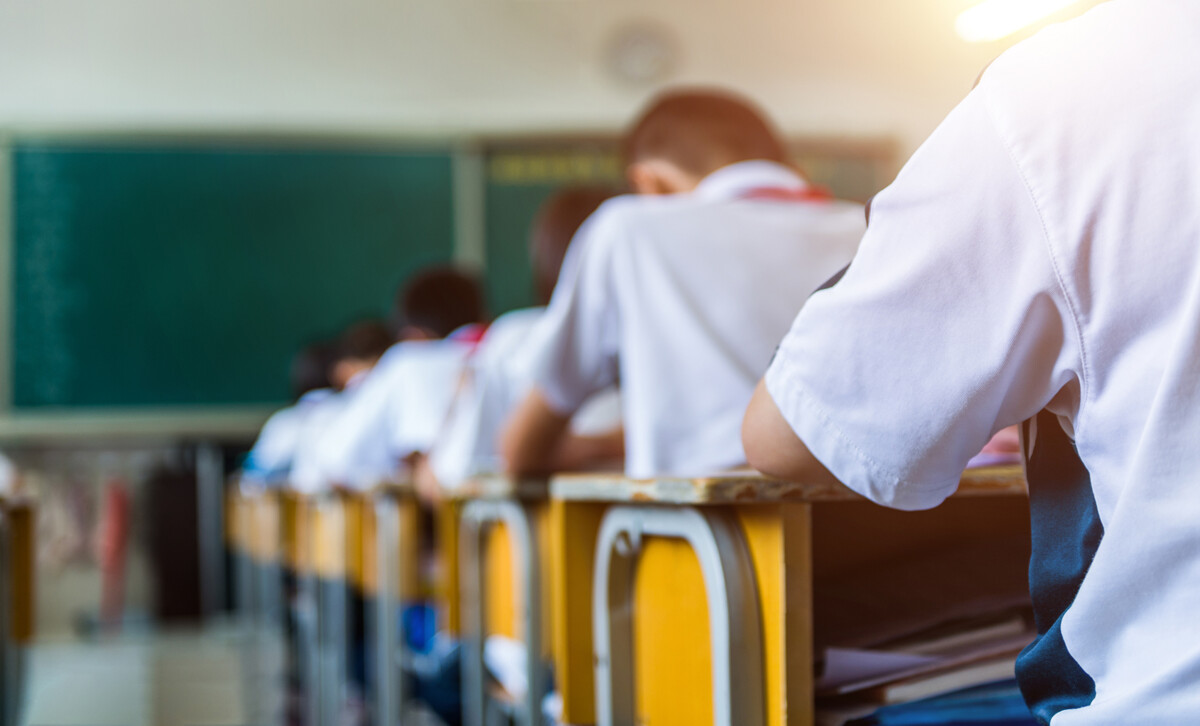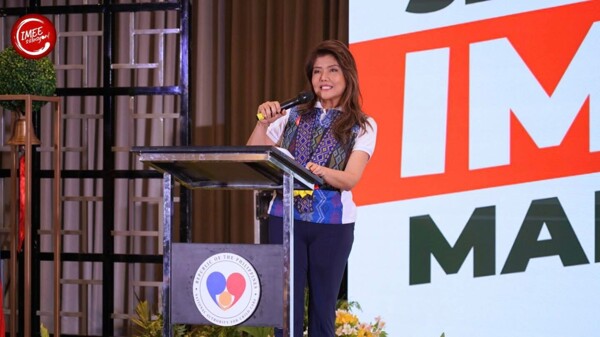
The House of Representatives has approved a bill known as 11213, or 'An Act Providing Education Pathways for Basic Education Students,' through voice voting. The proposed legislation offers students the choice, upon completing junior high school, to pursue a university preparatory program under the Department of Education (DepEd) or enroll in a technical-vocational program managed by the Technical Education and Skills Development Authority (TESDA).
According to the bill, the DepEd will be responsible for developing and implementing a curriculum for Grades 11 and 12 aimed at preparing students for college admission. The curriculum will focus on fundamental subjects to enhance functional literacy and practical skills, along with elective courses to allow students to explore their interests and meet the requirements for their desired degree programs.
TESDA, on the other hand, will collaborate with industry partners to provide technical-vocational programs that equip students with skills meeting industry standards. The bill emphasizes that these programs must ensure students acquire functional literacy skills for employability after completing the program and undergoing necessary assessments for certification.
Upon successful completion of a technical-vocational program and passing assessment tests, students will become eligible to enroll in colleges or universities, taking advantage of a ladderized education system for further progress as outlined in HB 11213.
The bill, which addresses challenges faced by senior high school graduates in the Philippine job market, offers various academic pathways to students. It aims to amend the country's K-12 basic education program to provide more options and opportunities for students to choose different educational routes.














